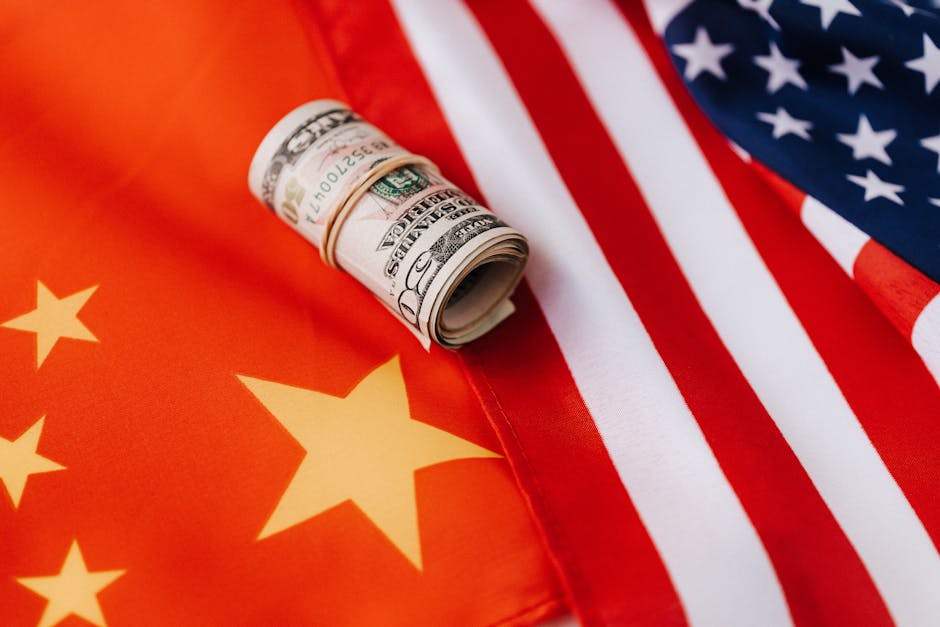U.S. President Donald Trump’s recent tariff threats have dealt a significant blow to Indian Prime Minister Narendra Modi’s efforts to forge closer ties with the United States. Critics argue Modi’s outreach, predicated on personal rapport with Trump, is yielding little tangible benefit for India.
Prime Minister Modi has actively pursued a strategy of strengthening relations with the U.S., leveraging his personal connection with President Trump. This approach has been visible in high-profile state visits and diplomatic engagements. However, recent actions by the Trump administration, including proposed tariffs on Indian goods, have introduced considerable friction into this burgeoning partnership. These trade disputes threaten to unravel the goodwill cultivated, raising concerns among policymakers and business leaders about the efficacy of Modi’s diplomatic strategy. The U.S. has cited trade imbalances and protectionist measures as justification for its stance, creating an increasingly challenging environment for bilateral trade.
“The perception is that India is making concessions without receiving reciprocal benefits, particularly as trade tensions escalate. This dynamic could erode the strategic alignment both nations seek to achieve,” noted a senior trade analyst.
The broader implications of these tariff threats extend beyond immediate economic impacts. They could jeopardize cooperation in areas such as defense, technology sharing, and geopolitical alignment against common adversaries. Market analysts are closely monitoring the situation, with potential for retaliatory measures from India that could further disrupt global supply chains. The administration’s “America First” policy appears to be creating significant headwinds for countries seeking to deepen their relationships with the U.S. under the current leadership.
The ongoing tariff disputes highlight a significant challenge for India in its pursuit of a stronger alliance with the U.S. Future developments will likely depend on the administration’s willingness to engage in more constructive dialogue and find common ground on trade.




